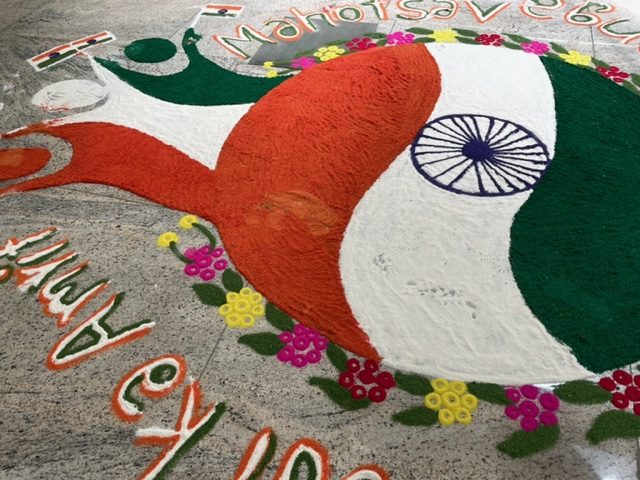Expert opinion from Japan on the ‘Indian century’

On January 29, a piece appeared in Nikkei, the Japanese business daily that’s world’s largest in terms of circulation. Click here to read it. It was by Toru Takahashi, a senior staff writer.
What was notable was the clear-eyed but nuanced view it took of India’s undoubted rise and why it may not be wholly good news for everyone. Particularly, the writer suggested, for the geopolitical West, for all that it wants to worst China.
The writer ran through India’s thrusting ambitions to play a greater role on the world stage. On January 12-13, for instance, it hosted the Voice of the Global South Summit. It’s presenting its G20 presidency as a chance to “voice the discontent of developing nations”. Meanwhile, it’s buoyed by strong economic growth because the intensifying US-China rivalry and the pandemic have led to a quest for diversified supply chains.
But this may be a mixed blessing. India is in the spotlight and sustained scrutiny reveals marked flaws.
The writer points out that “India’s democratic credentials have been called into question as it has failed to denounce Russia’s invasion of Ukraine…despite its clear violation of international law.” Not only did India take part in Russia’s military exercises in August and September, it abstained in October from a UN vote to condemn Moscow’s ‘illegal annexation’ of four eastern and southern regions of Ukraine. It then went on to expand oil imports from Russia and refused to comply with a price cap on Russian oil, which meant economic sanctions against Moscow have had little impact.
Even so, says the piece, “the Western nations have mistakenly judged India to be as democratic as they are”. This despite the Modi government taking “a series of steps to suppress religious minorities in the country…(and) Muslims in India face much the same predicament as Islamic people in China’s Xinjiang Uyghur Autonomous Region”. (To my mind, it is significant that a writer in Japan rather than in the US or Europe should make this point. Click here , here and here for previous blogs on how the West looks away from the predicament of Muslims in India, while shedding crocodile tears for the Uighurs in Xinjiang.)
Perhaps, says the Nikkei writer, the West continues to consider India as part of its bloc and has become “more conciliatory” to it, in order to prevent India going wholly over to the other side.
But, and here’s the thing, that may have a dismal end too, as the writer warns: “If the 21st Century turns out to be India’s era, rather than China’s, the world would find itself dealing with a superpower that is no less troublesome’.
Also read:

